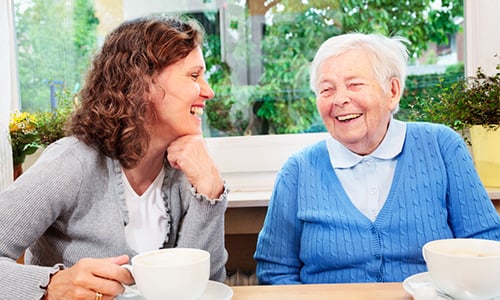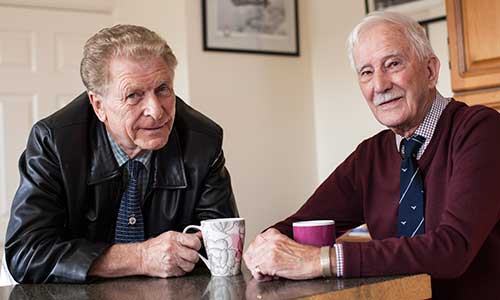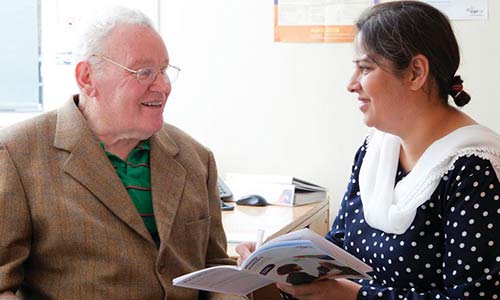
Beating the heat

Published on 24 July 2018 02:00 PM
This week (23-27 July), the Met Office has issued a level 3 heat-health watch alert for most of the east and south-east of England.
That means it's likely to hit at least 30C in some parts of England.
When it's this hot, it's important to stay out of the sun, keep cool, and check on older neighbours and family.
Keep your house cool
Keep your windows, curtains and blinds closed in the daytime, as this keeps out the heat.
Open your windows in the evening when it starts to cool outside, and give the hot air a chance to escape.
If you can, use fans to keep the air moving around your house and cool you down.
Keep yourself cool
Stay hydrated – always keep a bottle or glass of water with you and sip it throughout the day. Your mouth should never be dry and your wee should be a pale straw colour!
Wear loose clothing made of natural fabrics like cotton or linen. Dark colours absorb the heat, so try to choose lighter-coloured clothes.
Try to stay indoors or in the shade between 11am and 3pm, as this is the hottest part of the day.
Look after other people
The hot weather can put older people at a higher risk of things like heat exhaustion and heatstroke.
When it's hot, visit older neighbours or relatives to check they're staying out of the sun, continuing to drink lots and eating a balanced diet.
Offer to go shopping or run errands for them, as this means they don't have to go out into the extreme heat.
Dehydration, heat exhaustion and heatstroke
These are the main health risks when the weather is this hot.
Make sure you're drinking lots of water (aim for 6-8 glasses a day, and more if it's very hot) and eating a balanced diet so your body replaces the salt lost when you sweat.
The symptoms of heat exhaustion include headaches, dizziness, nausea or vomiting, intense thirst, heavy sweating and a fast pulse. Find out what to do if you experience any of these symptoms.
Heatstroke can develop if heat exhaustion is left untreated. Symptoms of heatstroke include confusion, disorientation, seizures and loss of consciousness. This can be life threatening. If you or someone else shows symptoms:
- call 999 immediately, or 112 if you are in the European Union (you can call 112 from a mobile for free)
- if you have a community alarm, press the button on your pendant to call for help



